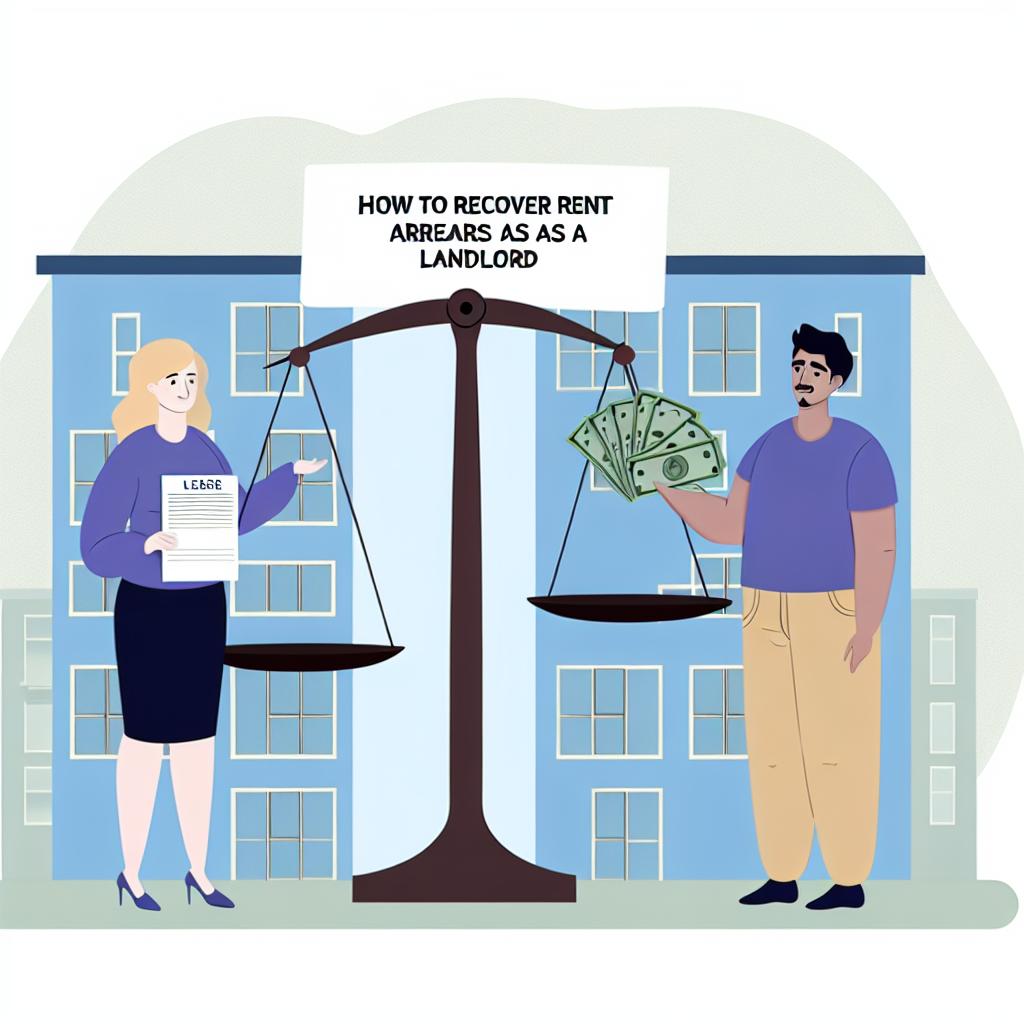
How to recover rent arrears as a landlord.
Understanding Rent Arrears
Rent arrears can present substantial challenges for landlords. When tenants fail to meet their rental obligations, it disrupts the landlord’s financial planning and can potentially strain the landlord-tenant relationship. Addressing rent arrears effectively requires a methodical approach to enhance the chances of recovering the due amount while maintaining amicable relations.
Initial Steps in Addressing Rent Arrears
The first step in managing rent arrears is effective communication with the tenant. This involves understanding their circumstances, which can often be a pathway to finding a resolution. Here are some measures you might consider:
Discuss the Issue: It’s important to initiate a conversation with the tenant openly. In some cases, rent payment issues are temporary, and understanding the tenant’s situation can help in negotiating a feasible solution.
Provide a Written Reminder: If verbal discussions do not result in a payment, it is advisable to issue a formal written reminder. This document should highlight the overdue amount and outline any previously discussed payment arrangements, serving as a formal record of communication.
Reviewing the Lease Agreement
The lease agreement is a critical document that can provide guidance on handling rent arrears. A thorough review can help both parties understand their obligations and options. Important clauses to consider include:
Check for clauses related to late payment penalties or fees, which could serve as a deterrent to late payments.
Understand the process for eviction as stipulated in the lease. This provides clear guidelines if the situation escalates to that point.
Review notice requirements for unpaid rent, as these are necessary to fulfill any legal obligations before taking further action.
Utilizing resources from landlord associations or consulting legal advisors can provide additional clarity and ensure that all actions are compliant with property rental regulations. For further guidance, governmental websites such as property rental regulations offer valuable information.
Implementing a Payment Plan
Proposing a payment plan is often a practical solution for managing rent arrears. This approach allows tenants to repay accumulated rent over an extended period, reducing the risk of confrontation and potential legal action. When developing a payment plan, it’s essential to ensure that the plan is both:
Realistic: Understand the tenant’s financial position to create a repayment schedule that is feasible and doesn’t place undue strain on either party.
Documented: Clearly articulate the plan in a written agreement. This document should outline the responsibilities of both parties, detailing payment amounts and specific deadlines to avoid any ambiguity.
Legal Action as a Last Resort
When all strategies to recover rent arrears prove unsuccessful, legal action might become the necessary course. Prior to embarking on a legal route, it is vital to consider the potential costs and time involved. Several legal options include:
Issuing a Section 21 Notice: In England and Wales, this notice allows landlords to regain possession at the end of a fixed-term tenancy or during a rolling tenancy. It’s crucial to follow the legal requirements precisely to ensure the validity of this notice.
Filing for Eviction: Should the tenant refuse to vacate, it may be necessary to initiate eviction proceedings through the court system. This demands careful navigation through legal protocols, making professional legal counsel invaluable.
Consulting with a lawyer who specializes in property law can provide valuable insights and guidance through the complexities of legal proceedings, ensuring that your actions are compliant with the law.
Preventative Measures for the Future
To minimize future incidents of rent arrears, landlords can adopt several preventative strategies. These measures aim to create a more secure and reliable rental environment:
Conduct thorough tenant screenings to assess the financial stability of potential renters. This can prevent issues from arising by choosing tenants who demonstrate a solid history of fulfilling rental obligations.
Establish clear and explicit payment policies within the lease agreement. Include penalties for late payments to incentivize timely rent submission and highlight the consequences of non-compliance.
Encourage tenants to set up automated or direct debit payments. This method can significantly reduce the likelihood of missed payments due to forgetfulness or oversight, ensuring a more consistent cash flow for landlords.
By implementing these strategies, landlords can foster a more stable rental environment, reducing the probability of encountering rent arrears and associated challenges in the future.
- Posted by
 admin
admin - Posted in Uncategorized
 Jul, 29, 2025
Jul, 29, 2025 Comments Off on How to recover rent arrears as a landlord.
Comments Off on How to recover rent arrears as a landlord.
